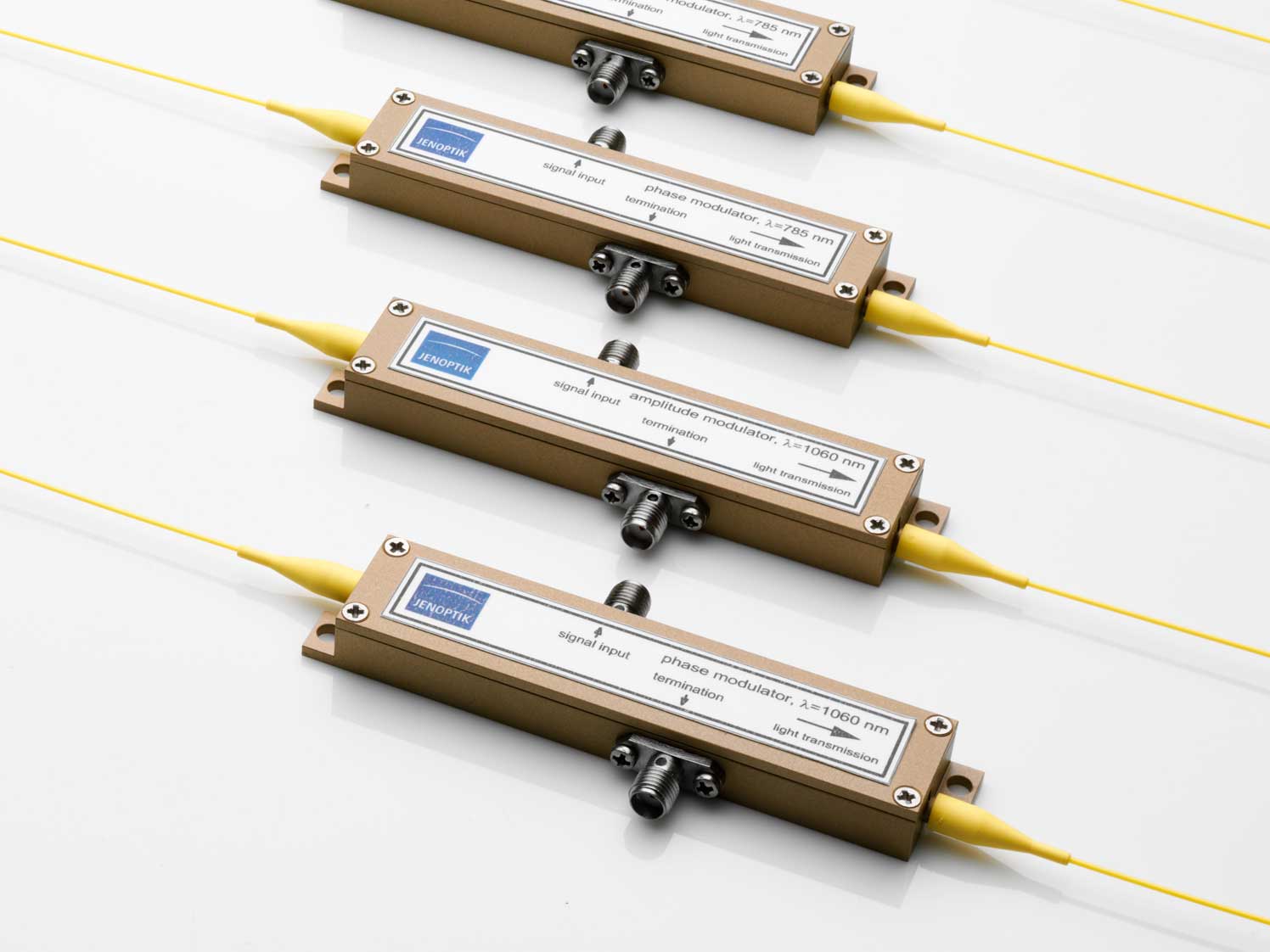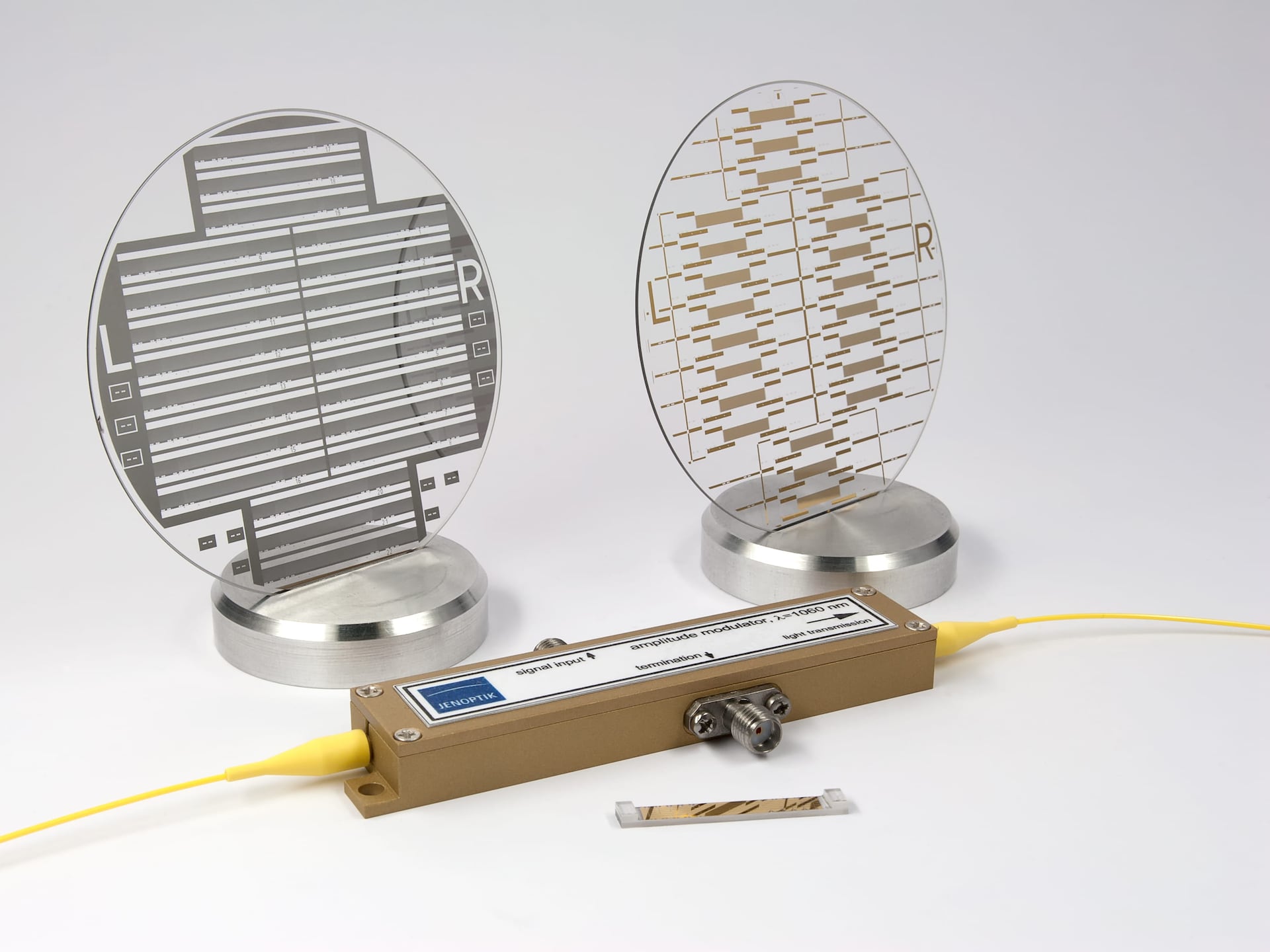Contents

Source: Jenoptik
<>
Understanding Optical Modulators
Introduction
Optical modulators are essential components in various optical systems, enabling the manipulation of light signals for diverse applications.
Types of Optical Modulators
There are several types of optical modulators available in the market:
Electro-Optical Modulators
Electro-optical modulators utilize the electro-optic effect to modify the refractive index of a material, thereby altering the phase or amplitude of light passing through it. These modulators are widely used in telecommunications, laser technology, and scientific research.
Acousto-Optical Modulators
Acousto-optical modulators rely on acoustic waves to diffract light, enabling frequency or amplitude modulation. They find applications in laser beam steering, spectroscopy, and optical signal processing.
Applications and Suppliers
Various companies offer a range of optical modulators tailored to specific requirements:
Thorlabs
Thorlabs has developed high-speed optical modulators based on deformable mirrors for precise control of laser power in a specific wavelength range, introducing minimal dispersion to ultrafast laser pulses.
AeroDIODE
AeroDIODE specializes in fiber modulators and optical switches based on semiconductor optical amplifiers, offering high-speed modulation capabilities over a broad wavelength range with exceptional performance metrics.
EKSMA Optics
EKSMA Optics produces Pockels cells using materials like KTP, KD*P, and BBO for applications such as laser Q-switching and pulse picking, providing comprehensive solutions for laser pulse control.
Quantifi Photonics
Quantifi Photonics offers coherent modulation transmitters for generating and controlling phase-modulated optical signals with high bandwidth and support for various modulation formats, catering to advanced communication systems.
Conclusion
Optical modulators play a crucial role in manipulating light for a wide range of applications, from telecommunications to laser systems. Understanding the different types of modulators and their applications is essential for selecting the right component for specific optical setups.

Source: Jenoptik
Feel free to comment your thoughts.



